Artificial Intelligence (AI) isn’t just a futuristic concept anymore;
it’s already embedded in the gadgets we use every day. From smart home devices to wearables, AI is making our lives easier, smarter, and more efficient. In this article, we will explore how AI is transforming everyday gadgets, the benefits it brings, and what the future holds for this incredible technology.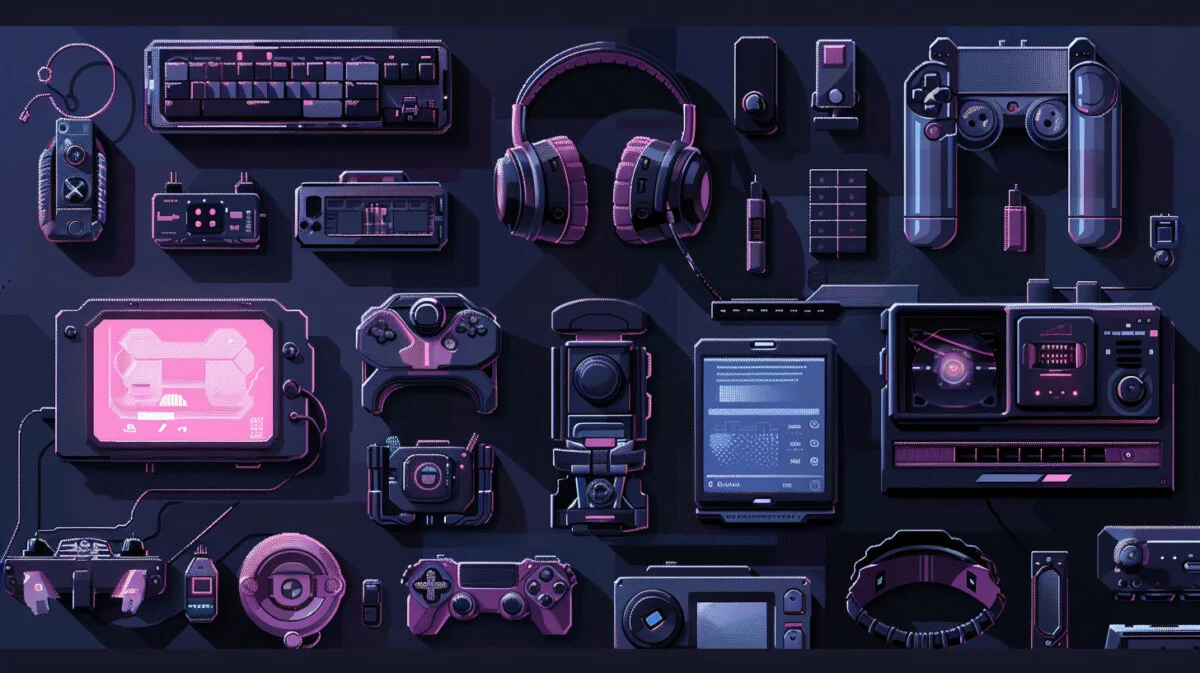
What is AI in Gadgets?
Artificial Intelligence refers to the ability of machines or computer systems to perform tasks that typically require human intelligence. This includes understanding speech, recognizing images, making decisions, and learning from data. In gadgets, AI allows devices to "think" and "learn" from user input, making them more responsive, efficient, and personalized.
In simple terms, AI in gadgets helps them adapt to our habits, anticipate our needs, and perform tasks automatically. This makes them not just tools, but smart assistants that improve our day-to-day experiences.
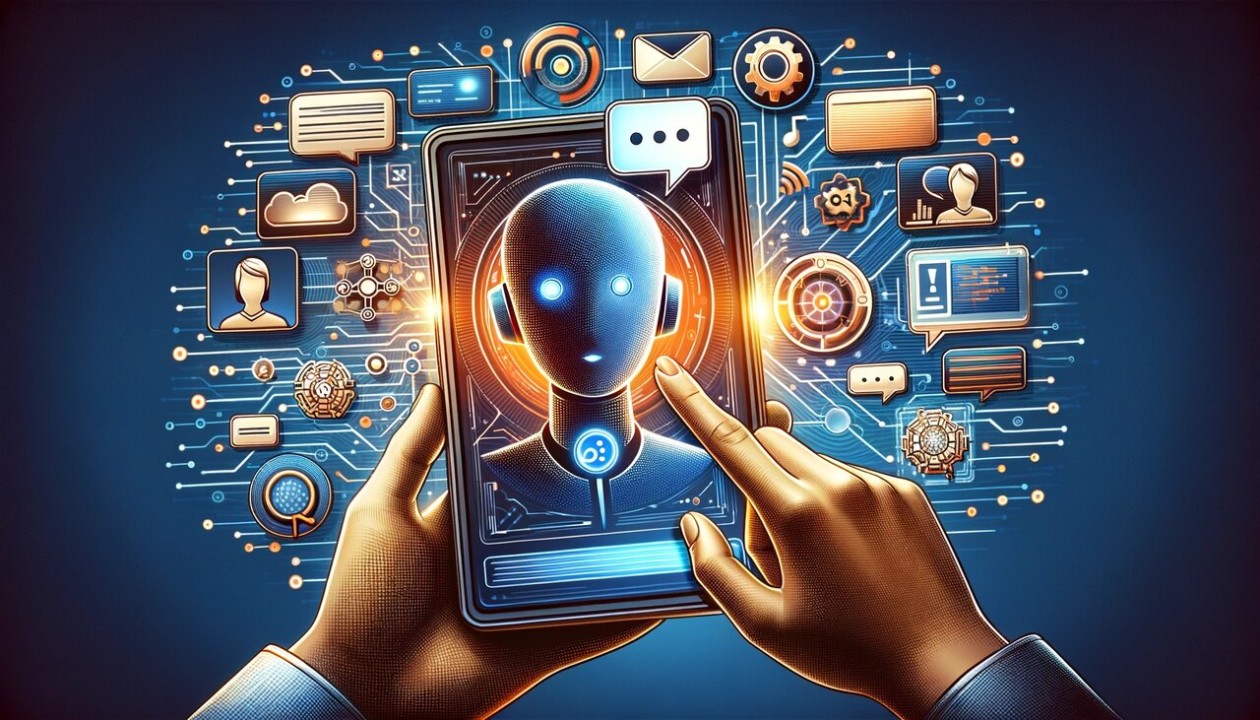
The Rise of AI in Everyday Gadgets
AI has been around for some time, but recent advancements in machine learning, data processing, and hardware have made it more accessible and useful in everyday devices. Here are some common gadgets where AI is making a big impact:
1. Smartphones and Voice Assistants
Most of us carry smartphones that are powered by AI. AI in smartphones is mostly used in voice assistants like Siri, Google Assistant, or Alexa. These assistants help users with tasks like setting reminders, sending texts, making calls, or even answering questions, all using voice commands.
Smartphones also use AI in cameras to improve image quality. AI recognizes different objects and scenes, automatically adjusting settings to ensure the best photo quality. Some phones even use AI to predict what apps you'll use next, speeding up the experience.
2. Smart Home Devices
Smart home devices are one of the most popular ways AI is being used in everyday gadgets. From thermostats to lights, AI makes homes more energy-efficient and comfortable.
- Smart Thermostats: AI learns your preferences over time. For example, it can adjust the temperature based on your routine, saving energy when you're not home and warming or cooling your house when you return.
- Smart Lights: AI can adjust the brightness of your lights based on time of day, your activities, or even your mood. It can also be controlled remotely through apps or voice assistants.
Smart Speakers: Devices like Amazon Echo and Google Home use AI to play music, answer questions, control smart devices, and even tell jokes. They are like personal assistants that get smarter the more you use them.
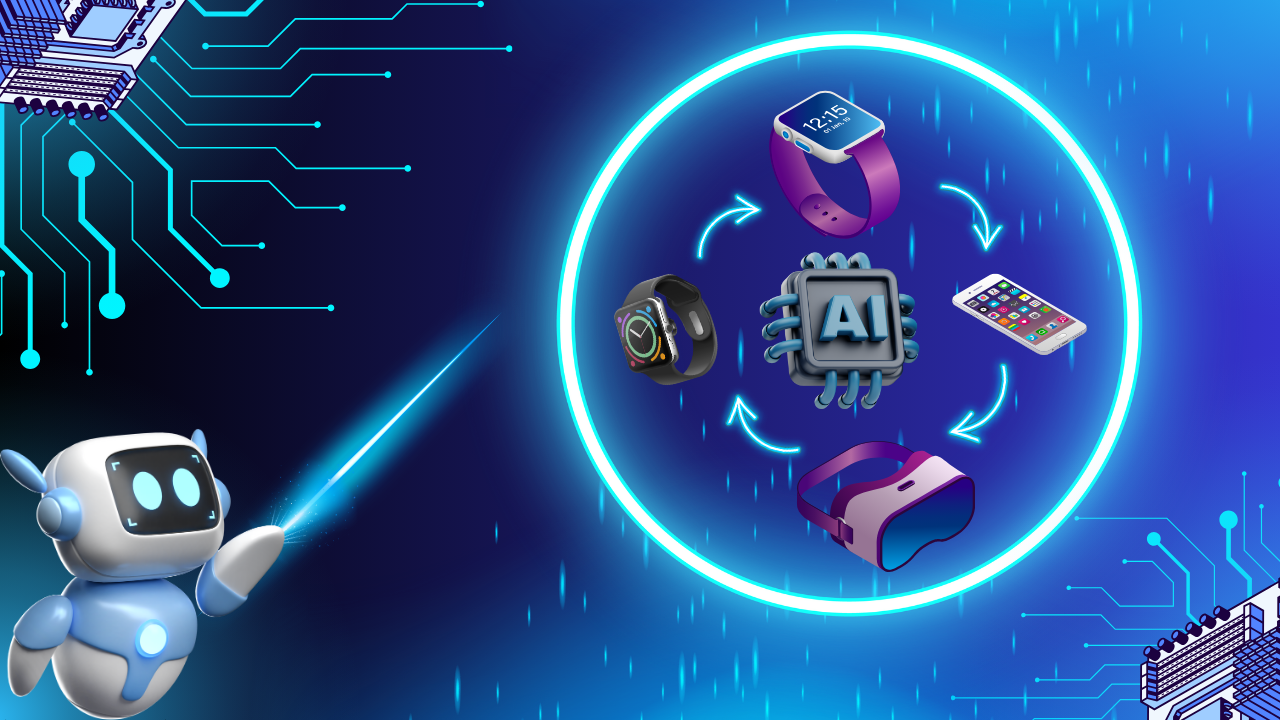
3. Wearable Devices
Wearables, such as smartwatches and fitness trackers, are another area where AI has made a significant impact. These gadgets use AI to monitor your health, track your fitness progress, and even predict future health trends.
- Health Monitoring: AI can track things like heart rate, steps, sleep patterns, and even stress levels. Over time, it learns your habits and can offer suggestions to improve your health.
- Personalized Fitness Plans: Some wearables use AI to create fitness routines based on your goals, activity levels, and even feedback from your previous workouts.
- Smart Alerts: AI in wearables can send notifications if it detects something unusual, such as a rapid increase in heart rate, which could be a sign of stress or overexertion.
4. Smart TVs and Entertainment Gadgets
AI has also found its way into entertainment systems. Smart TVs use AI to recommend shows and movies based on your viewing history. The more you watch, the smarter the recommendations get. AI can even optimize picture and sound settings based on the content you're watching, ensuring the best experience.
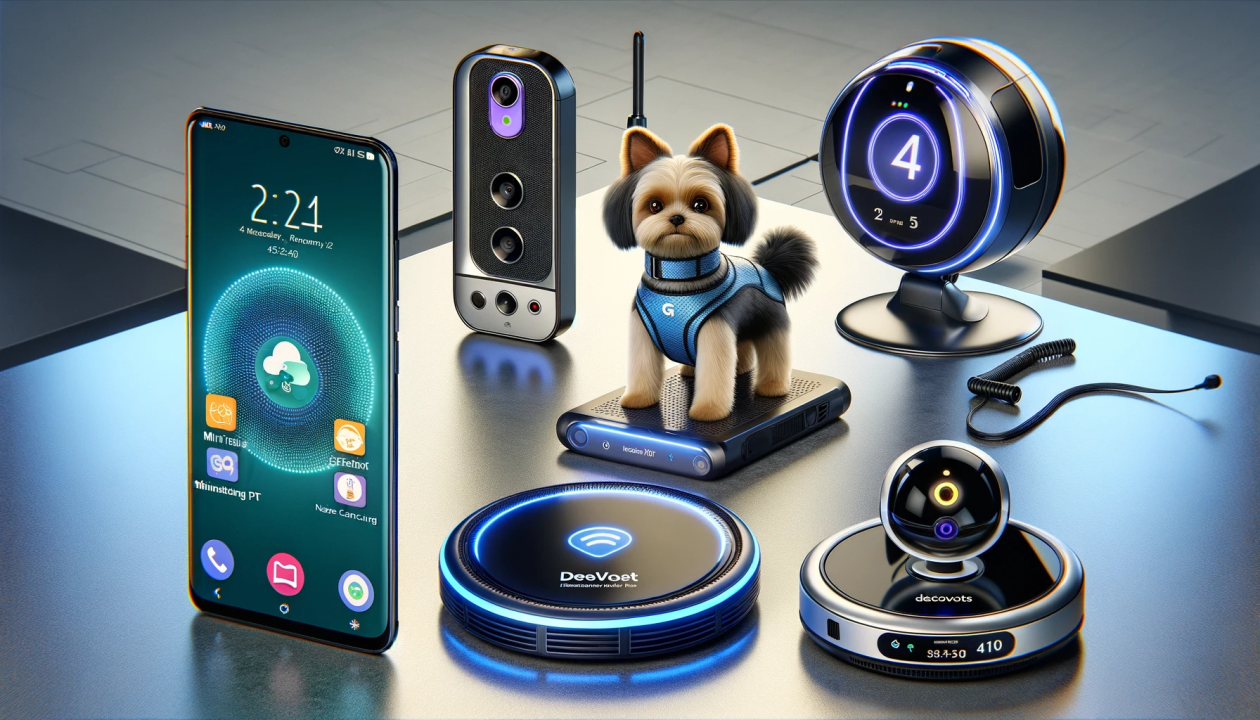
Additionally, AI is used in streaming services like Netflix and YouTube to personalize content and suggest videos you are likely to enjoy. These platforms use machine learning to analyze your watching habits and preferences, giving you a tailored viewing experience.
5. Smart Appliances
AI is also being integrated into household appliances, making them more efficient and easy to use. Some examples include:
- Smart Refrigerators: AI in refrigerators can track the items inside, suggest recipes based on what you have, and even alert you when food is about to expire. Some high-end models can even connect with grocery delivery services to reorder items.
- Washing Machines: AI-powered washing machines can adjust washing cycles based on the load size and fabric type. Over time, they learn the most energy-efficient settings.
- Robot Vacuums: These devices use AI to navigate around your home, creating a map of your space and cleaning in the most efficient pattern. Some models can even empty themselves and return to their charging stations automatically.
Benefits of AI in Everyday Gadgets
The integration of AI in everyday gadgets offers several benefits, making our lives more convenient and enjoyable:
1. Personalization
AI allows devices to learn and adapt to your preferences, providing a personalized experience. For example, AI in smart thermostats can learn your ideal temperature settings throughout the day. Voice assistants get better at understanding your commands and preferences, making them more responsive and useful over time.
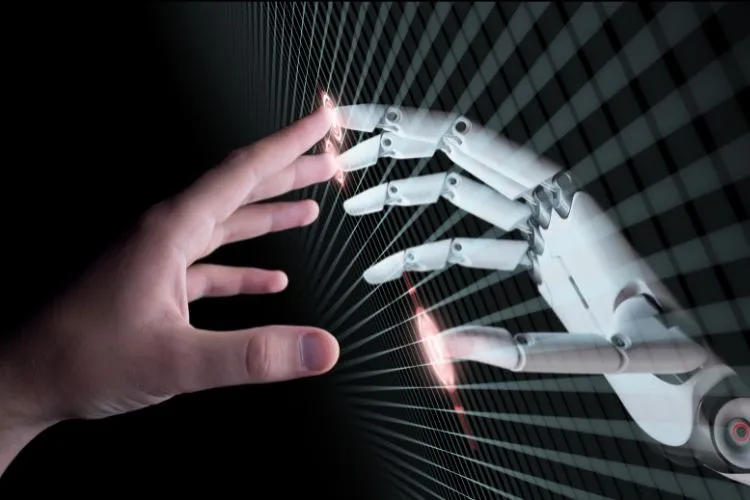
2. Improved Efficiency
AI helps gadgets work smarter, not harder. Smart appliances optimize energy usage, while wearables can track your physical activity and offer personalized health advice. These AI-powered tools save time and energy, allowing us to focus on what matters most.
3. Automation
One of the biggest advantages of AI is automation. Smart home devices like lights, thermostats, and speakers can operate on their own, adjusting to your needs without requiring manual input. This automation leads to increased convenience and a more seamless daily routine.
4. Better Decision-Making
AI in gadgets helps improve decision-making by analyzing large amounts of data. For example, fitness trackers use AI to analyze your activity patterns and suggest ways to improve your health. Smart devices can make decisions based on real-time data, such as adjusting temperature settings or notifying you of potential issues.
Concerns About AI in Everyday Gadgets
While AI offers many benefits, there are also some concerns that need to be addressed:
1. Privacy Issues
Many AI-powered gadgets collect data about your habits, preferences, and personal life. This raises concerns about privacy and how that data is being used or shared. It’s important for companies to be transparent about their data collection practices and ensure proper security measures are in place.
2. Security Risks
As with any internet-connected device, AI-powered gadgets can be vulnerable to hacking. If a smart home device or wearable is compromised, it could pose a risk to your personal data and security. It’s important to keep devices updated with the latest software to protect against threats.
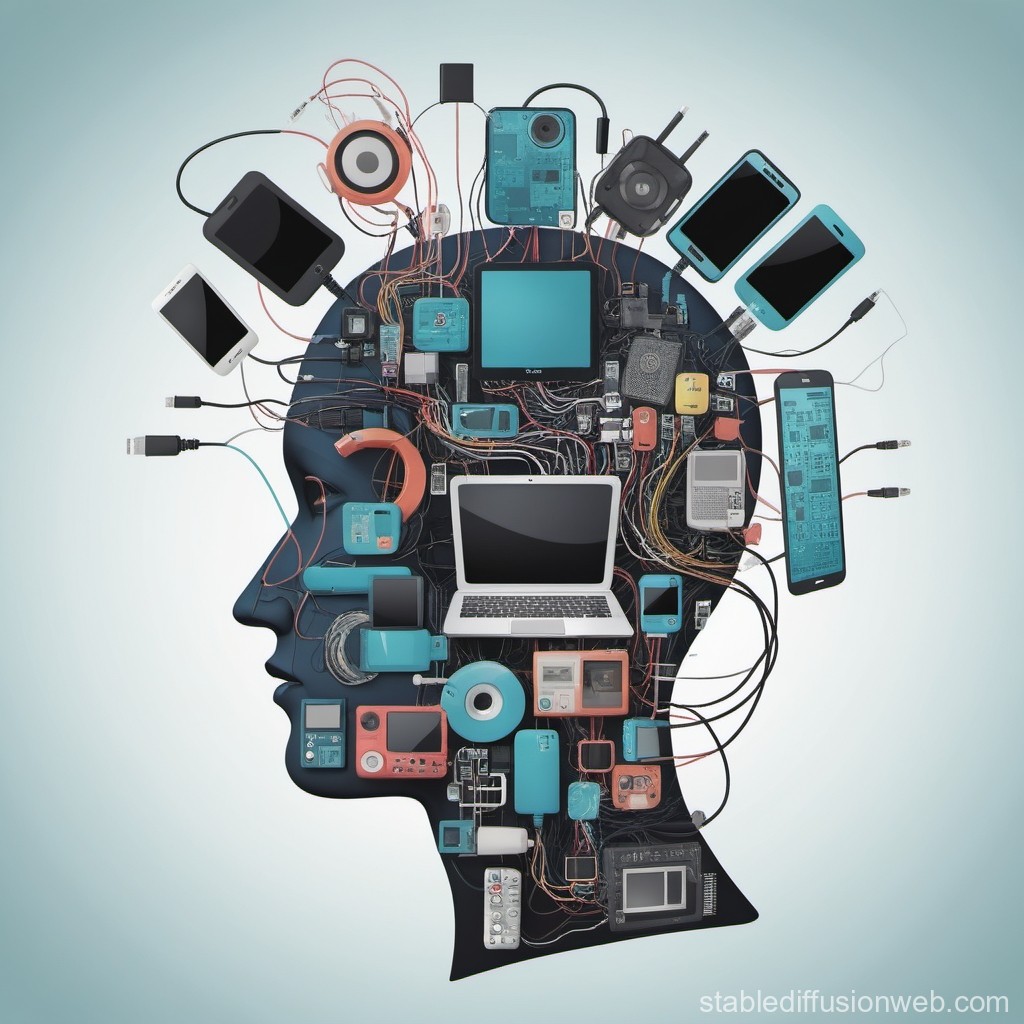
3. Dependence on Technology
As we rely more on AI in everyday gadgets, there’s the risk of becoming overly dependent on technology. This could lead to issues if devices fail or are unavailable, and may also impact critical thinking and decision-making skills.
The Future of AI in Everyday Gadgets
The future of AI in everyday gadgets is bright. As technology continues to evolve, we can expect even smarter, more intuitive devices. Here are a few possibilities:
- Advanced Healthcare Gadgets: Wearables will continue to evolve, offering more detailed health insights and even early detection of medical conditions.
- Smarter Smart Homes: AI will continue to make homes smarter, with even more automation and personalized features. For example, homes could adapt to your schedule and mood, adjusting lighting, temperature, and even music.
- Robotic Assistance: In the future, robots powered by AI could become more common in homes, assisting with tasks like cleaning, cooking, and even caring for elderly family members.
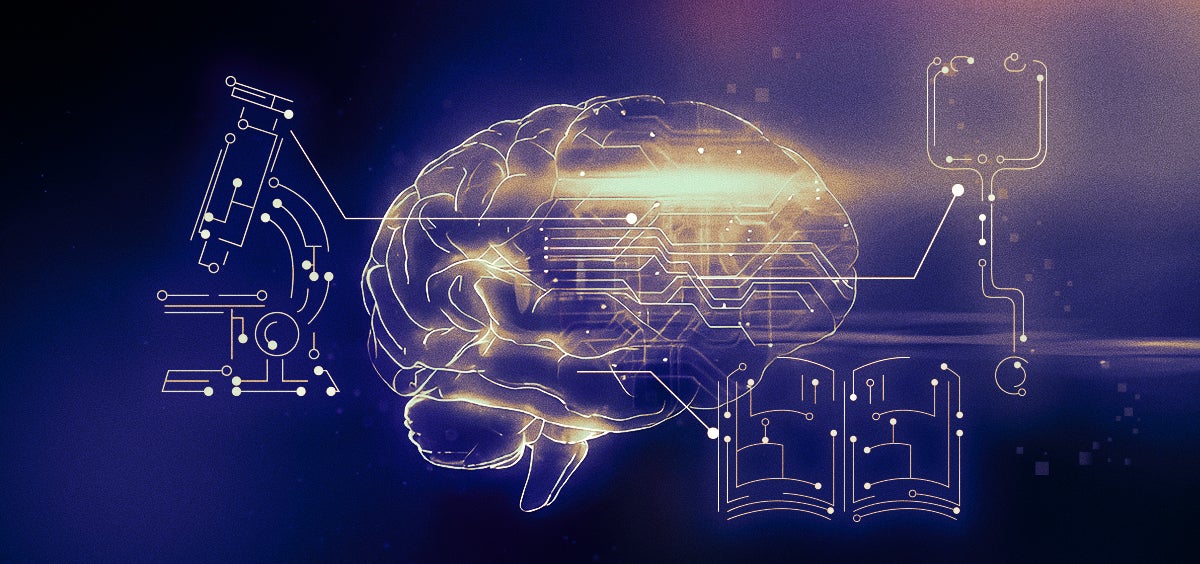
Conclusion
AI is revolutionizing everyday gadgets, making them smarter and more responsive. From smartphones and smart homes to wearables and appliances, AI is improving efficiency, personalization, and convenience. While there are concerns around privacy and security, the benefits of AI in everyday gadgets are undeniable. As technology continues to improve, we can expect even more intelligent and intuitive devices in our daily lives, making our routines easier and more enjoyable.

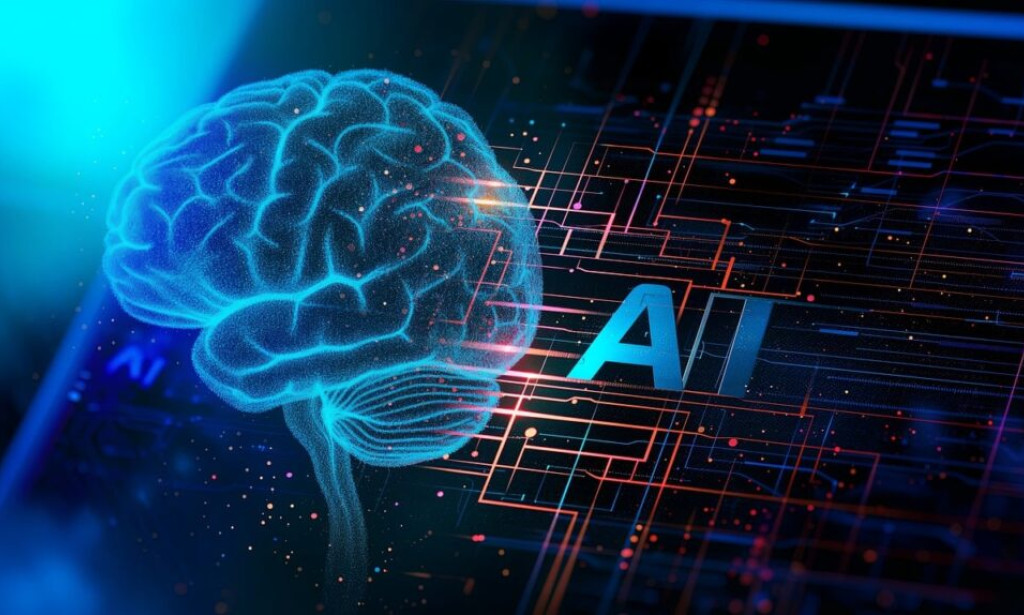
You must be logged in to post a comment.